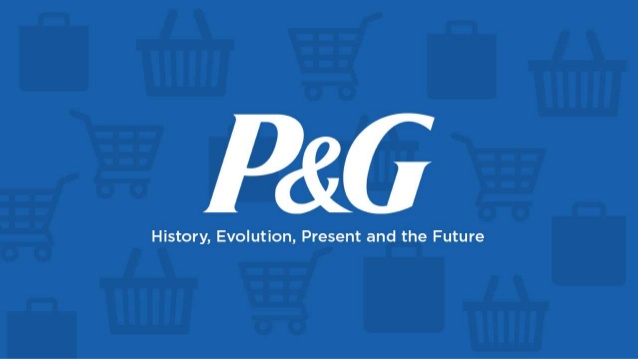Procter & Gamble (P&G), one of the world’s largest consumer goods companies, has begun an orderly exit from direct operations in Pakistan. Both P&G Pakistan (Private) Limited and Gillette Pakistan Limited will discontinue local manufacturing and commercial activities as part of the company’s global restructuring programme.
It is important to note that the move does not mean P&G brands will disappear from supermarket shelves. Instead, the company plans to serve the Pakistani market through a third-party distribution model, where independent distributors import and market P&G products rather than having P&G manage the supply chain itself.
For consumers, this should ensure continuity of products like Pampers, Ariel, Head & Shoulders, and Gillette, but behind the scenes it reflects a major change in how multinational consumer goods companies are thinking about operations in the Pakistani market.
Globally, P&G has been streamlining its operations for the past several years. Just earlier this year, the company announced to cut more than 7,000 jobs globally, due to uncertain paths for the future of growth due to tariffs.
In late 2023, the company divested itself from Nigeria shifting the growing economy to a import-only model, and in 2024, the company exited Argentina selling its operations to a third party. The company has pruned its brand portfolio, restructured its supply chains, and shifted towards lighter, more flexible market-entry models. The logic for which is straightforward: maintaining manufacturing plants, corporate offices, and staff in every market is expensive, particularly in countries where foreign exchange shortages, high import duties, and regulatory uncertainty. This raises costs and reduces margins.
Pakistan has proven to be a difficult market for multinationals in recent years. Currency volatility, restrictions on repatriating profits, and unpredictable taxation have led several foreign firms to rethink their commitment. By shifting to a third-party distribution model, P&G avoids the cost of running local operations while keeping its products in the market. In effect, it retains access to Pakistan’s 240 million consumers but outsources the heavy lifting.
For Gillette Pakistan Limited, the listed subsidiary that has been part of the PSX for decades, the development has immediate consequences. The company’s parent, The Gillette Company LLC (a P&G subsidiary), has communicated that winding down operations may require delisting from the Pakistan Stock Exchange.
The board of Gillette Pakistan has already approved preparatory steps for an orderly closure. Series Acquisition B.V., the holding company that owns more than 90% of Gillette Pakistan’s shares, has indicated its intention to buy out the remaining minority shareholders and remove the company from the exchange.
For employees, the change is significant. P&G has stated that staff whose roles are affected will either be considered for opportunities in other P&G operations worldwide or provided separation packages in line with Pakistani labour laws and company policies. While this ensures compliance and some cushioning, it nonetheless represents a loss of high-quality employment in Pakistan’s FMCG sector.
Suppliers and advertising agencies that depended on P&G’s business may also feel the ripple effect, as local contracts are scaled down or migrated to distributor-led arrangements.
The exit also underscores the broader challenges Pakistan faces in attracting and retaining foreign direct investment. While P&G is not abandoning the consumer market here, its decision to scale back from a fully-fledged subsidiary to a distributor-driven model suggests that the risks of operating directly outweighed the rewards.
Gillette Pakistan’s likely delisting also means the local stock market will lose another multinational name. In recent years, several foreign-owned companies have restructured, merged, or delisted, reflecting a pattern of reduced corporate visibility on the PSX. For investors, this narrows the pool of high-quality consumer stocks available, reducing exposure to global brands and governance standards.
For P&G, however, the decision is aligned with its global strategy. By consolidating operations, the company focuses resources on higher-growth, higher-return markets while continuing to serve others through leaner structures.
The practicalities of P&G’s transition in Pakistan will take months to complete, with day-to-day business continuing until the handover to distributors is finalised. But symbolically, the move represents the end of a decades-long chapter in which the multinational not only sold products in Pakistan but also invested in local manufacturing and corporate presence.
For consumers, Ariel, Gillette and Pampers may still be on the shelves, albeit not at the same prices, but for the PSX, another well-regarded multinational may soon be gone.





Multi nation companies discontinuing their business in Pakistan. Is this good for Pakistan? Not sure. One thing is clear all is not well. It is very difficult to enter in country as it involves huge investment of funds/ time and resources. Decision to discontinue is even more difficult as investment made to enter is reduced to zero.